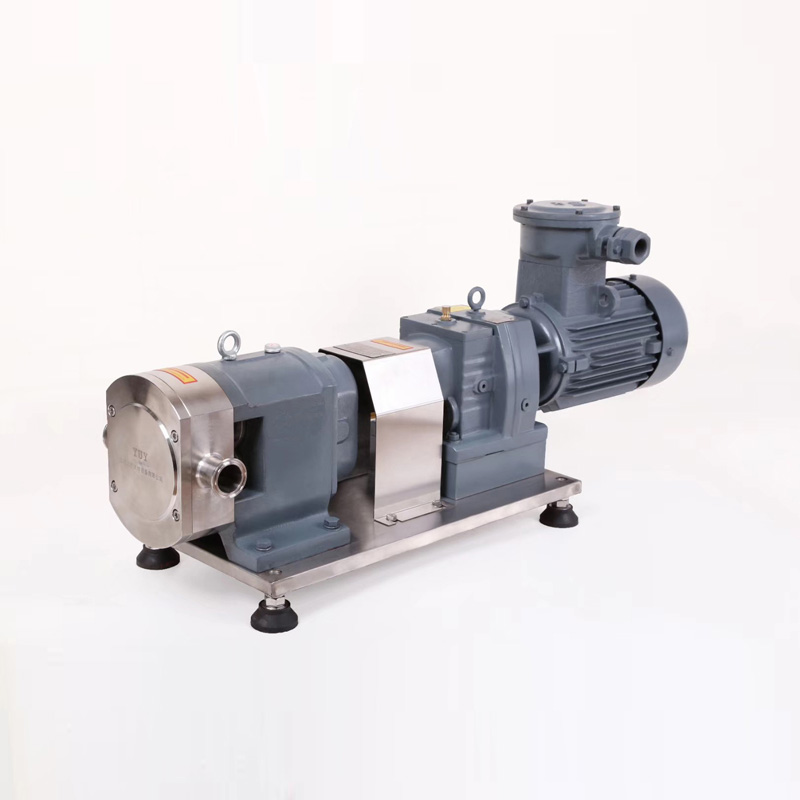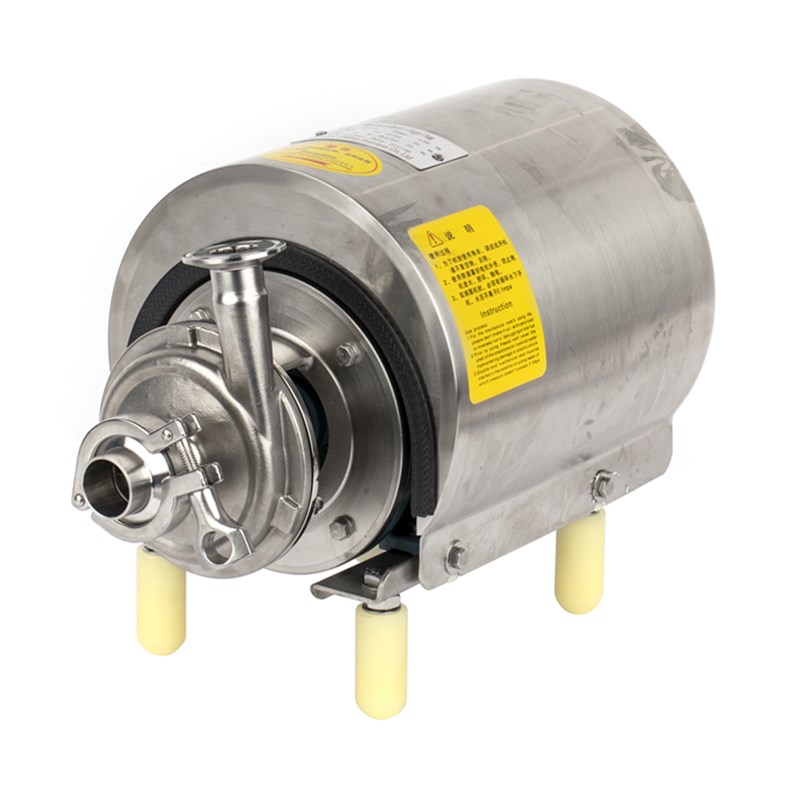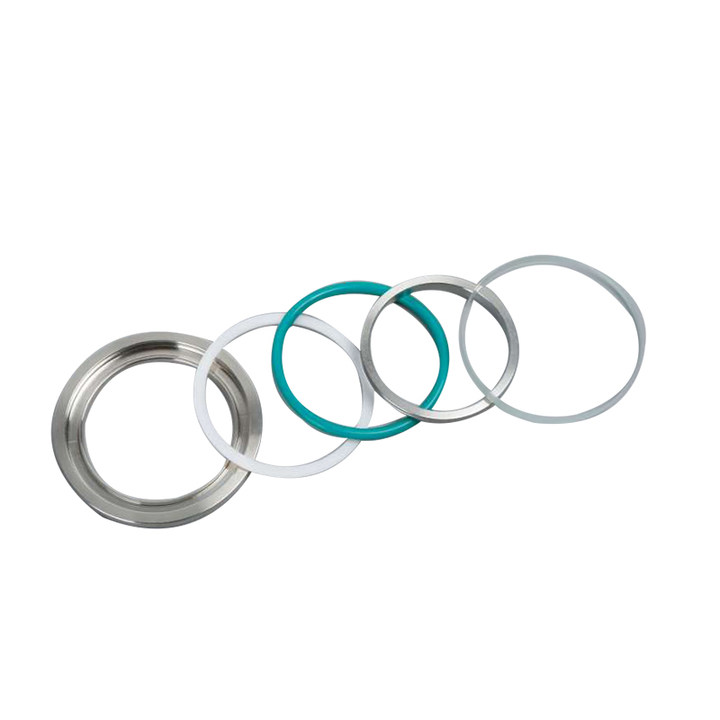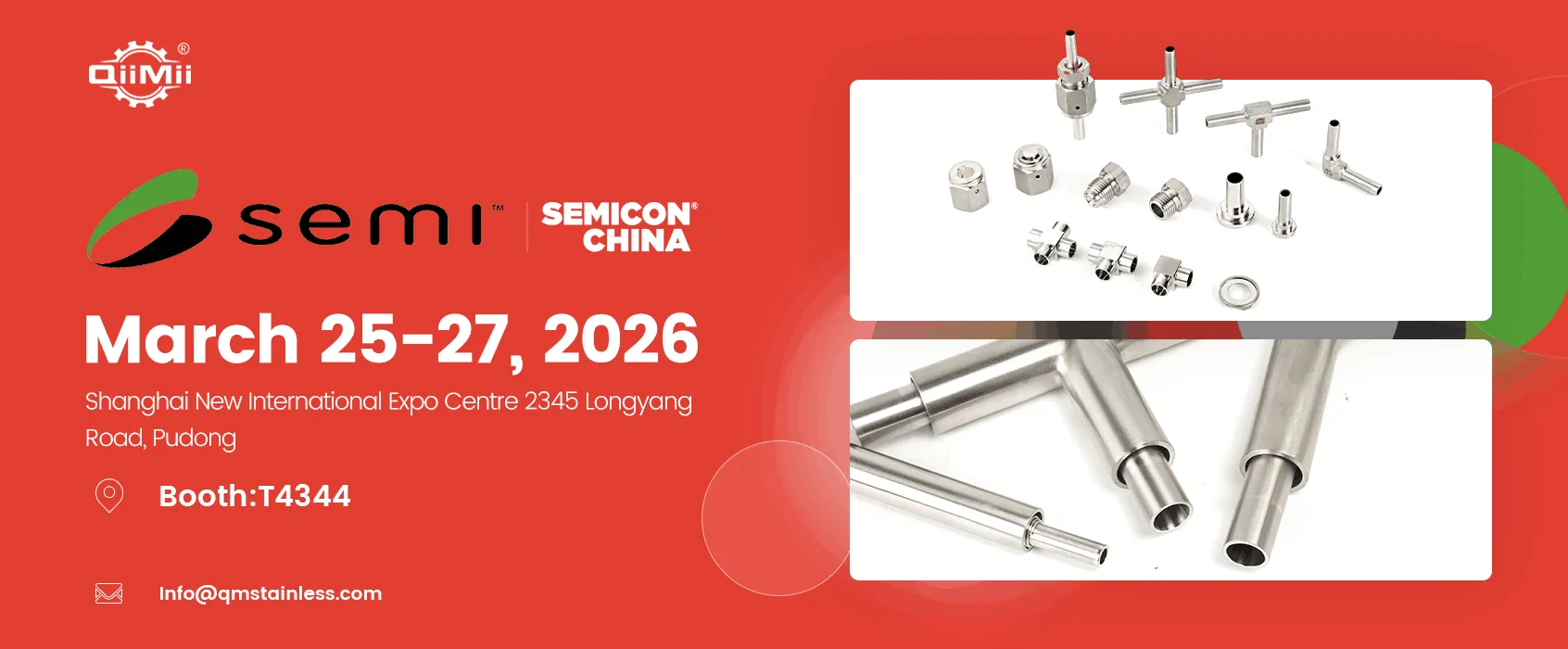Why Are Sanitary Valves Essential in Pharmaceutical Manufacturing?

 by admin
by adminWhen it comes to pharmaceutical manufacturing, every component in the production line plays a role in ensuring drug safety and quality. For many buyers new to the industry, there may be confusion about why Sanitary Valves are not just optional but a must-have. This article breaks down their key roles and importance in a straightforward way, helping you understand their irreplaceable value in drug production.
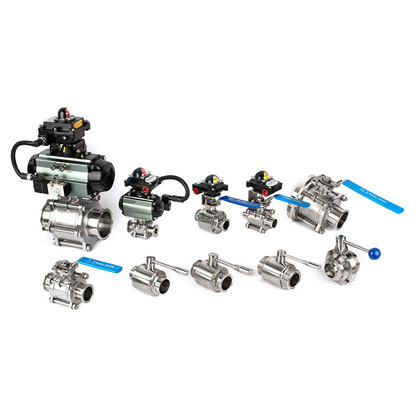
Maintaining Sterility: The Foundation of Safe Pharmaceuticals
Sterility is non-negotiable in pharmaceutical manufacturing—even tiny amounts of bacteria, fungi, or contaminants can render a drug unsafe for use. Sanitary Valves are designed to support this critical need. Unlike standard valves, they have smooth, crevice-free inner surfaces that prevent the buildup of microorganisms. This design eliminates hidden spots where contaminants could grow, ensuring that every part of the valve that comes into contact with drugs or raw materials stays sterile throughout production. Without this feature, maintaining the purity required for medications would be nearly impossible.
Preventing Cross-Contamination Between Batches
Pharmaceutical facilities often produce multiple drug batches or different drug types on the same equipment. Cross-contamination—where residues from one batch mix with another—poses a severe risk, from reducing drug efficacy to causing harmful side effects in patients. Sanitary Valves address this by offering tight, reliable seals that stop fluid or residue from leaking between system parts. Additionally, their design allows for easy and thorough cleaning between batches, ensuring no leftover material from one production run affects the next. This level of protection is vital for upholding consistent drug quality across all batches.
Meeting Strict Regulatory Standards for Pharmaceuticals
The pharmaceutical industry is governed by some of the strictest regulations worldwide (such as FDA guidelines and GMP standards) to protect public health. These regulations set strict criteria for equipment used in drug production, including materials, design, and performance. Sanitary Valves are engineered to meet these standards. They are made from high-quality, non-reactive materials that won't leach chemicals into drugs, and their design supports traceability—an essential requirement for regulatory compliance. Using valves that don't meet these standards can lead to regulatory violations, production delays, or even product recalls, making Sanitary Valves a necessary investment for compliance.
Conclusion
Sanitary Valves play three critical roles in pharmaceutical manufacturing: preserving sterility to keep drugs safe, preventing cross-contamination to maintain consistent quality, and ensuring compliance with strict industry regulations. For any buyer looking to equip a pharmaceutical production line, understanding these roles clarifies why these valves are not just a component but a cornerstone of safe, reliable drug manufacturing.
If you're in need of Sanitary Valves that align with the demands of pharmaceutical production—focused on sterility, contamination prevention, and regulatory compliance—you can explore our product offerings on the [company's Sanitary Valve product page] to find solutions tailored to these needs.



